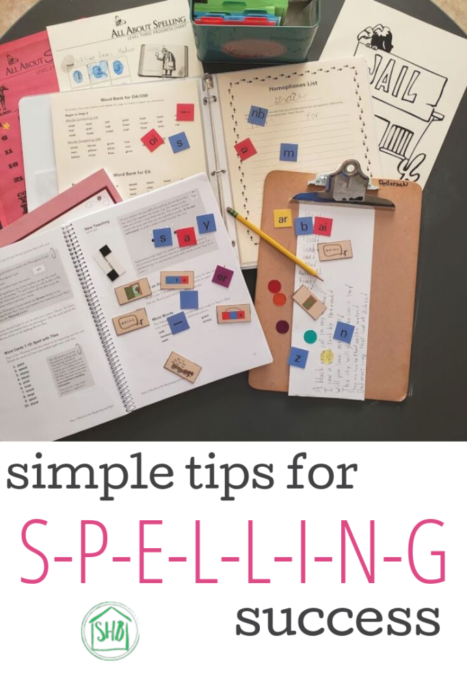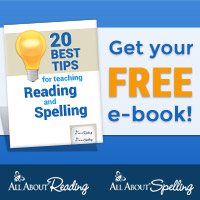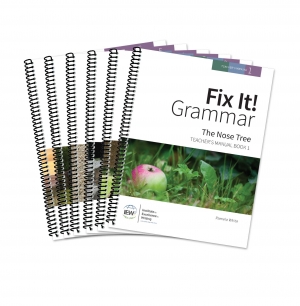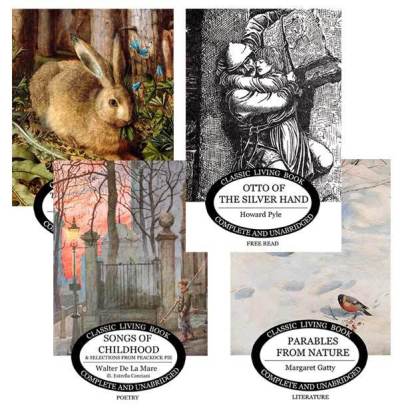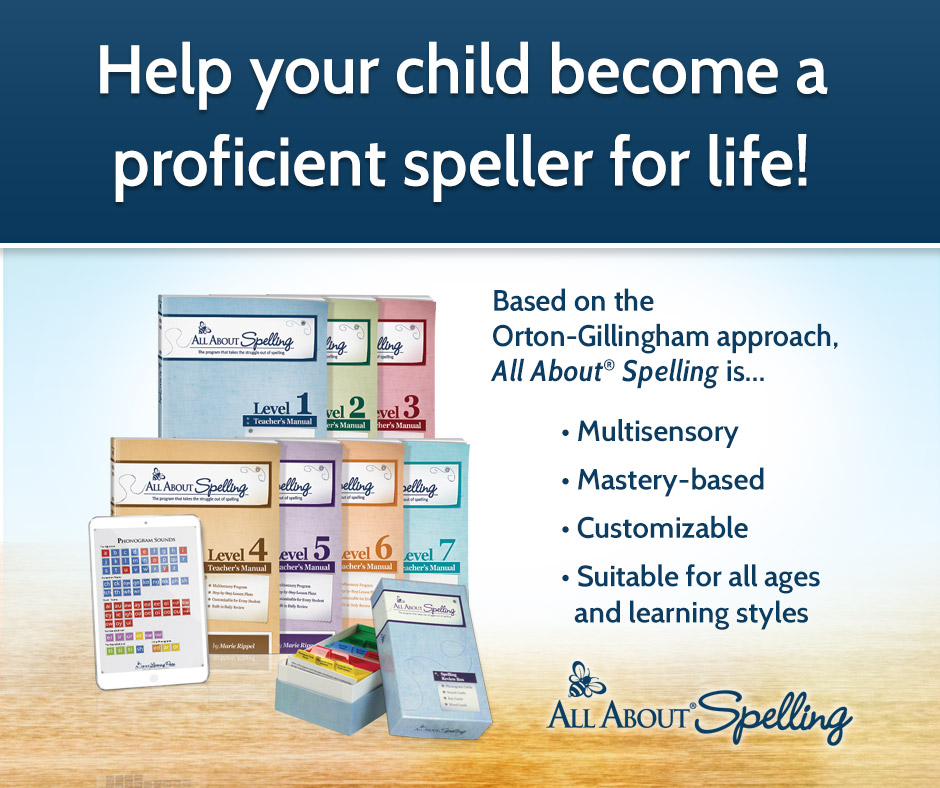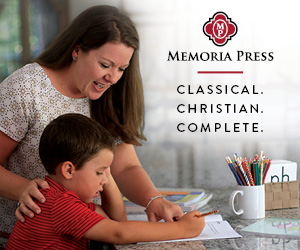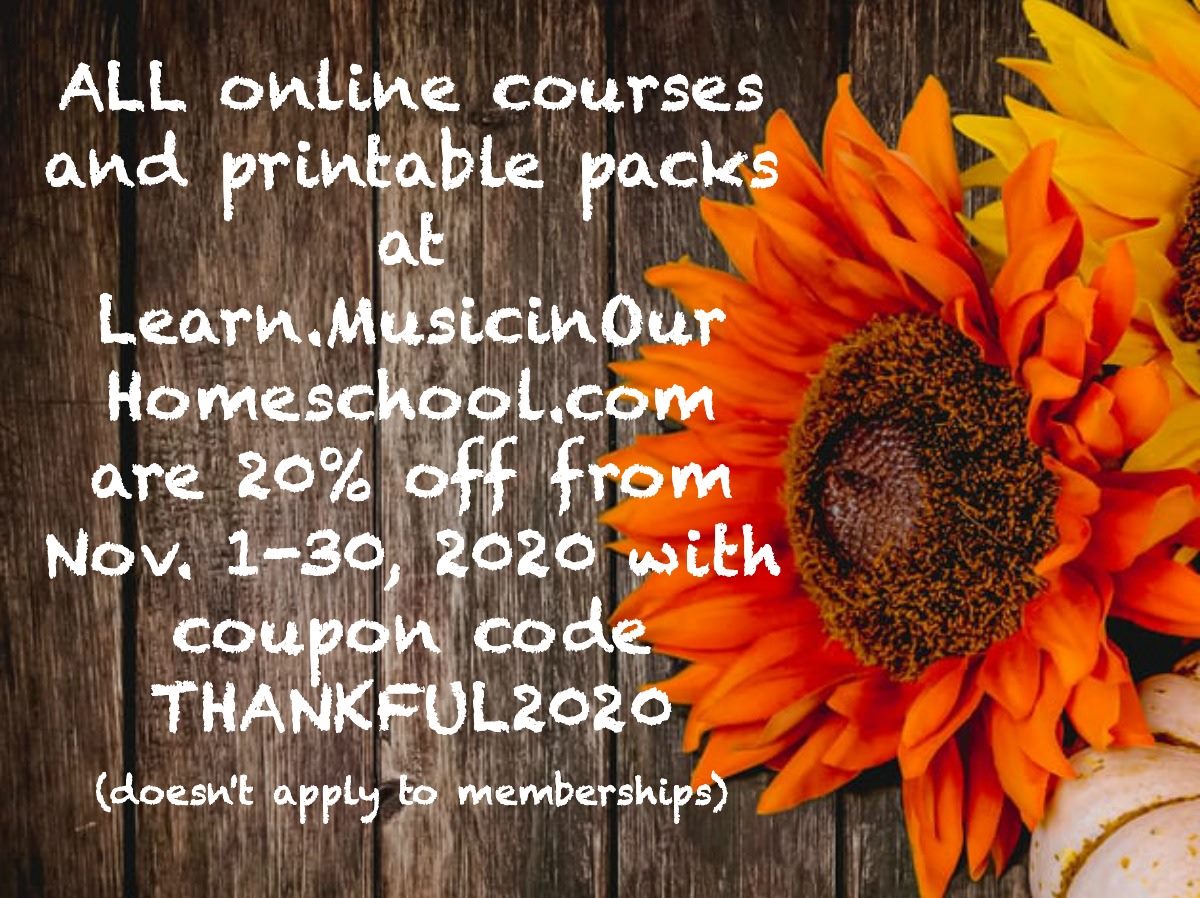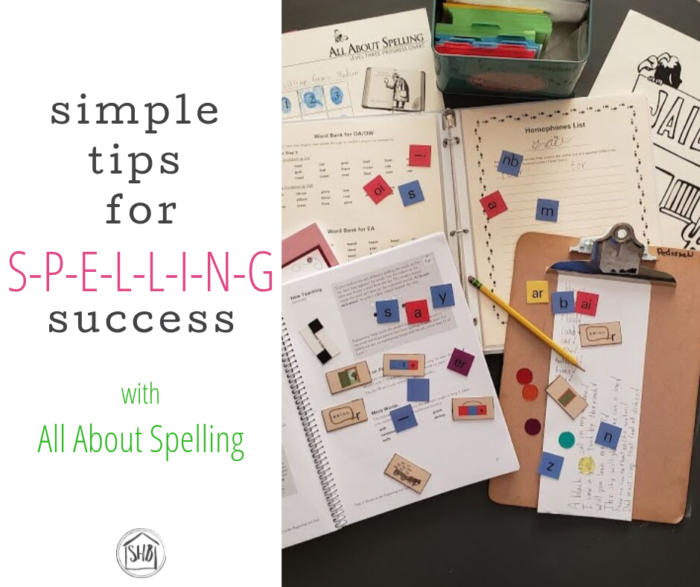
There are rules for almost everything. This universe is a creation filled with order. But when one has not learned the rules in the first place, teaching another with any order simply cannot happen. I was the one, in this case, who did not know the rules. I have always been a horrible speller. Trial and error was my method; error being the usual result.
I had no idea what I had missed all those years ago in elementary school!
There are rules!
There is a process!
In short, there is hope for struggling spellers (even adults!)
When we first started homeschooling, I didn’t even consider teaching spelling in that first year. Kindergarten was a time for play, not academic work (in my estimation). Indeed, my first kindergarten student refused to attempt to spell. This may have been due to my inability to reach her where she was at. I thought I could simply show her the words and expect she could spell them.
We all learned a lot about education in those first years. ha!
This post may include affiliate links. If you click and make a purchase based on my recommendation, I get a small remuneration at no extra expense to you. I only recommend things I use and believe to be a blessing.
When we started All About Spelling with my students, we all started learning the building blocks of spelling. We advanced rather quickly through Level One with my 2nd grader, in the fall. And my newly christened reader (officially kindergarten, bumped up to 1st-grade mid-year) was ready for Level One by January! I waited until we started Level 2 with our oldest before starting Level One with my younger student. Our spring saw each excel at her respective level, with confidence building and excitement rarely flagging.
We are currently working slowly (summertime slow) through Level Two and Level Three. And we are officially an All About Spelling family! Even my 3-year-old (pre-reader) likes to get in on the fun! Along the way, we have discovered some routines and tricks that have helped us succeed. So, I thought I would share them with you.
If you are considering All About Spelling as a spelling curriculum, these tips and stories may encourage you along the way. If you are already using All About Spelling, but struggling with it, I hope these simple ideas will help you discover the joy of spelling with your students.
Set a Spelling Timer
THIS IS THE KEY to spelling enthusiasm and success…I am completely convinced. When we first started doing spelling with our reluctant speller (in 2nd grade), I promised her one thing: brevity. I told her we would only do spelling for TEN MINUTES, four times a week. She could handle ten minutes; she knew she could.
So we started as small as I felt possible.
I made her set up her alphabet tiles before we began. When she was ready, I would set a timer (we like these) for 10 minutes. She thrived!
Then there were some times when she had a complete meltdown over not feeling able to spell a certain word. She began to request to pause the timer, so she could think. And I did.
We would pause somewhere along the way, so she could think about solving the spelling problem that lay before her. Once she had figured it out, we would start the timer back up. If I had to go back, I would not pause the timer. Wrestling with the spelling of words ought to be done in short bursts of mental energy. Laboring over a task in search of perfection is not necessary in second grade. In my opinion it does a disservice to perfectionist tendencies.
Eventually, my oldest student begged for 15 minutes and then 20 minutes. She just wanted to learn more and knew that 10 minutes was not enough. We have worked our way up to 20 minutes, but I am drawing the line there.
I think 20 minutes of spelling intensive is enough at this stage (and probably most future stages). Also, I have discontinued the pausing of the timer for thinking time. The breathing room provided by 20 minutes has also helped her not to panic when she needs a few extra seconds to think through a particular word.
When our younger student (a newly-minted 1st grader) started with Level One, I started the timer back at 10 minutes. It is the perfect amount of time for her to not feel overwhelmed by the enormity of the task. She can handle it, too.
As a general rule, I used a 10-minute timer for Level 1, a 15-minute timer for Level 2, and 20 minutes for Level 3 (and up).
Review Constantly
This is one of the reasons I love the All About Spelling program. The built-in review is such a beautiful part of their method. Instead of drilling spelling lists and having a spelling test at the end of the week; the student is constantly reviewing the rules for spelling and invited to solve spelling problems using those rules.
This is where spelling instruction failed in my elementary career. I can only tell you two things I learned in elementary school in regards to spelling:
- I before e, except after c; and
- some cats in England never can eat – the mnemonic device to remember how to spell science.
I literally had never heard of the basic rules found in Level One of All About Spelling. Boy did I learn a lot alongside my students! The best part of it was the rules gave them the structure they need to spell almost any word!
Each session, no matter the level, has the opportunity to review these basic spelling rules, alongside the phonemes. By the time the student advances to Level Three, there is a warm-up section in each lesson called Word Analysis. This simple, yet profound, teaching moment provides the opportunity for the student to consider and explain the reason for the spelling of a specific word.
Give Many Spelling Options
I am not always a stickler for doing everything by the book. The All About Spelling curriculum is set up with processes that work – they are proven. But we change it up to ensure my students get the information in their brains in different ways.
The typical way to work on the spelling words within the lessons is to use letter and phoneme tiles to build words. The tactile nature of this practice is the foundation of the program. Kids are scanning the laid-out alphabet, choosing the right sounds, and placing them in the correct order to form a word.
But I do like to give my kids some options. Most of the time, I allow them to choose to use the tiles to spell or write their words out on paper. Additionally, I offer the chance for them to have a personal spelling bee. In this instance, they stand and spell out loud, without the aid of a pencil or the tiles. The three different methods for spelling words (tile, pencil, and voice) are all targeting different places in their brains, helping them make the connections.
By the way, no matter the method for spelling, I insist on the typical pattern of –
say it, spell it, say it
for the recitation portion of their answer. It looks like this:
Me: Spell “like”
Student: Like. L-I-K-E. Like.
It doesn’t matter if they have written it or formed the word using tiles, I still make them do this process to “show their work.”
Provide Incentives
I am in no way ashamed to say I bribe my kids to learn. Yep. I do.
I truly believe they should be rewarded for the hard work they do. When they have done a job well, I think they should be rewarded for it.
When it comes to spelling, I provide a sweet incentive for each Lesson completed. All About Spelling provides a progress chart for each level. My kids use theirs and get very excited to see the progress made. But there are days when a sticker or a stamp is just not enough of a reward. Thus, when they complete a level (without any mistakes for the day), they get something sweet.
Honestly, this has been a good incentive some days where there is a little bit of lackluster effort from a student. The reminder that a reward is coming kickstarts the process for our students.
All About Spelling is not designed for the student to complete a lesson each day. Neither is it designed for each lesson to take a week. Thus, the incentive system works for my kids to let them know they are close to the end of a step.
Have a Bee
Every once in a while, I engage the competitive nature of my students by hosting a spelling bee. Granted, it is a 2-person spelling bee, but they still enjoy it! As I stated above, we are in the habit of having personal spelling bees during the course of our spelling lessons. Extending the fun to a special Spelling Bee outside of spelling time is a great way to make sure my students are still thinking about spelling during our school breaks.
We do a modified year-round school. When we are on break, we sneak in some spelling fun by challenging our girls to a spelling bee. As always, there is a special treat for the winner!
Have fun!
Oh! This element was missing from my spelling education! Having fun with spelling lessons helps my students to beg for more!
I add some fun to the mix by attempting alliterative affirmations as my students spell back their words, phrases, and sentences to me. For instance, if the word or phrase they spelled begins with a, I will try to come up with an alliterative word to affirm their answer:
awesome, A-OK, astounding.
I only use one word per answer. I have to save them up because I try to come up with a different word for each answer. If there are more than three answers that begin with a, I have to really work hard to come up with something unique!
By the way, this alliterative affirmation stuff is HARD! So, I came up with a simple bookmark with alphabetical alliterative affirmations! FUN! It is available in our Shop for free.
Another thing I like to do to make it fun: I give my kids a heads-up when something is “hard.” Noting ahead of time something is going to be a challenge, gets my students excited about conquering the difficulty. They perk up and get their game faces on. It is a small thing, but it grabs their attention. When they can conquer the challenge they feel more excited about their spelling progress. And their smiles are always welcome!
A Resource for You
We are by no means doing our spelling time perfectly around here. The tips I offer on this site are as advertised: simple! So, if you are looking for some more (read: more profound) tips on how to teach reading and spelling, All About Spelling has a free e-book with more! Check it out and happy spelling!
Want more on All About Spelling? Check out my organization tips for All About Spelling.
